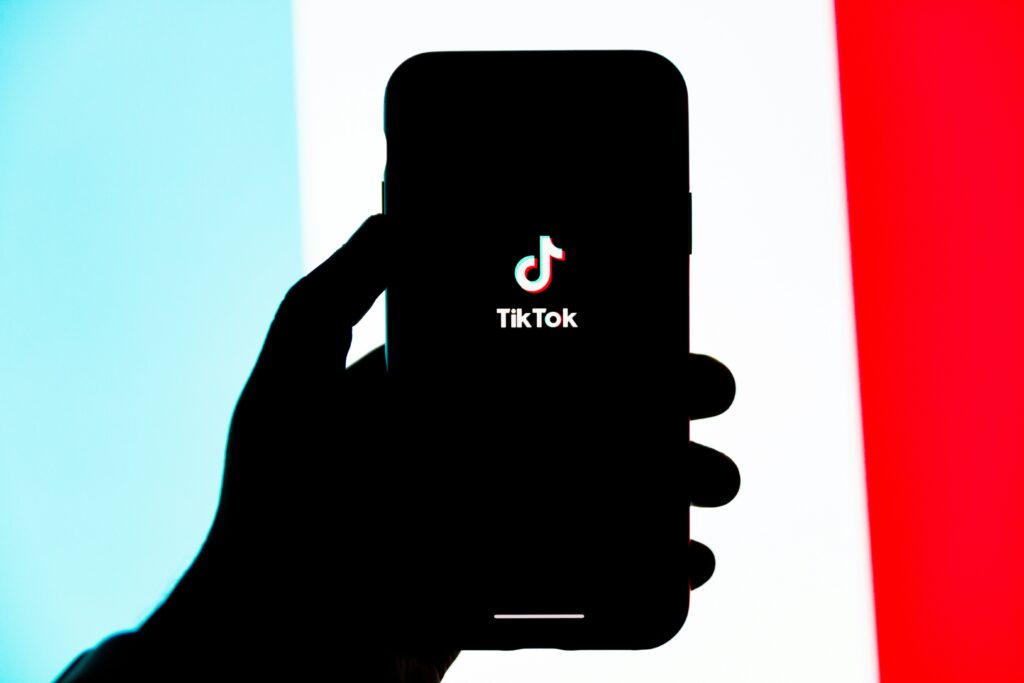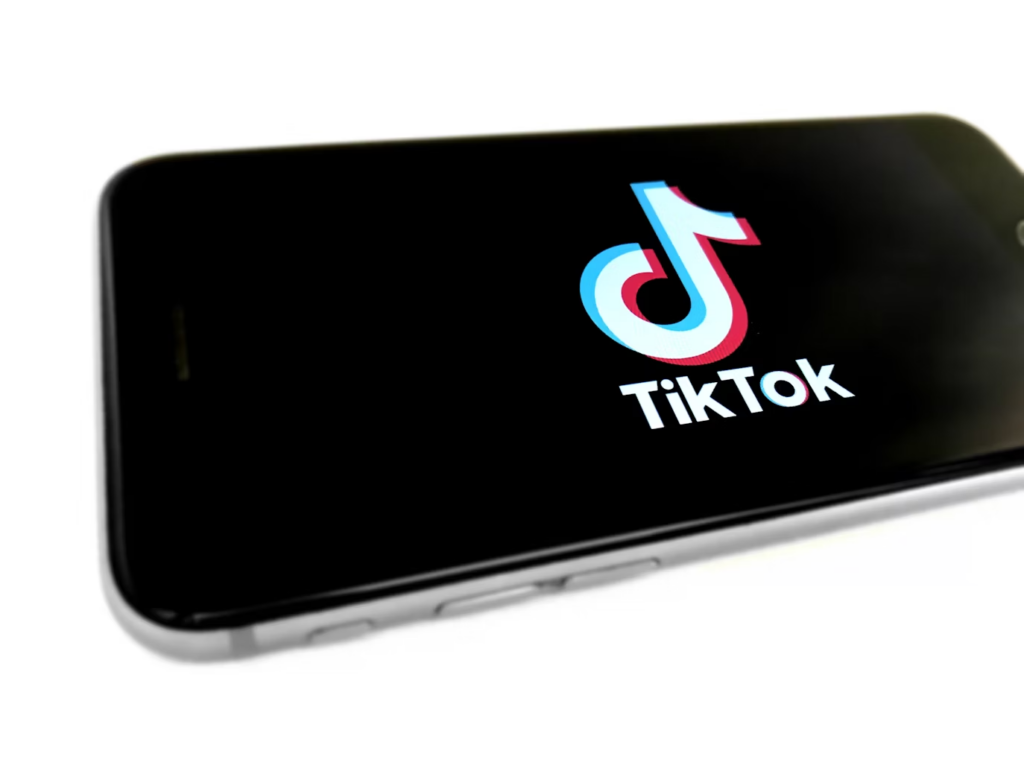"As TikTok's popularity soars, governments worldwide grapple with privacy concerns, prompting bans and legislative actions."

TikTok, which is owned by ByteDance, has become a well-known social media platform. However, its popularity hasn’t kept it from facing rising international issues. Governments worldwide are increasingly taking decisive action against TikTok, citing concerns over data privacy and cybersecurity as key drivers behind their moves.
At the time of writing, TikTok is completely banned in Afghanistan, India, Nepal, and Somalia. Some other countries such as Australia, Belgium, Canada, Denmark, New Zealand, Norway and the U.K. have banned TikTok on governmental devices.
The most recent blow to TikTok in the United States occurred on March 13, when the House of Representatives voted to forward a measure. If passed, this bill could lead to TikTok being banned in a country with one of the largest numbers of both users and creators. Why is the U.S. considering banning TikTok, and who initiated this movement? Should TikTok indeed be banned, considering the implications it may have on its millions of users?
What’s Prompting the U.S. to Ban TikTok?

The current news about TikTok potentially being banned in the United States is the result of a House bill that was recently enacted. It is part of an ongoing political debate over the platform. TikTok has been a huge success since its debut in 2017, surpassing Facebook, Instagram, Snapchat, and YouTube in terms of downloads in 2018. However, its quick expansion has alarmed lawmakers, who are concerned about data privacy and censorship due to its Chinese roots.
Despite TikTok’s reassurances that it won’t hand over U.S. user data to the Chinese government, concerns linger. Investigations revealing China-based employees accessing non-public U.S. user data only added to the unease. TikTok claims that U.S. customer data is stored outside of China, mostly in Singapore and the United States, with the assistance of American IT giant Oracle. Many lawmakers, however, have not been happy with these guarantees. This culminated in CEO Shou Zi Chew facing a severe grilling before Congress in March 2023.
Who Initiated the U.S. TikTok Ban?

TikTok has faced numerous bans and attempted bans in many countries in recent years. In 2020, Donald Trump proposed a ban in the U.S., but the courts quickly blocked it, citing First Amendment rights. The following year, the U.S. government restricted the app’s use on official phones, a move that was replicated by at least 34 states by 2023, indicating a broad unwillingness to engage with TikTok inside official circles.
Aside from government prohibitions, TikTok experienced opposition from educational institutions, with over 50 universities in the United States choosing to restrict its usage on campus Wi-Fi and laptops. Meanwhile, India implemented a ban in 2020 following safety concerns. This governmental decision shifted the competitive landscape in India, favouring alternatives such as YouTube Shorts and Instagram Reels.
Even within China, where TikTok is based, the app hasn’t taken centre stage. Instead, Douyin, a locally tailored platform with stricter content moderation, dominates the scene. This divergence demonstrates how TikTok’s presence and reception varied across areas, with regulatory settings impacting its trajectory in each location.
Will U.S. TikTok Shut Down Soon?

TikTok’s immediate fate has not yet been determined. The Senate must approve the proposal before it becomes law. Although the President of the United States, Joe Biden, has expressed his intention to sign it, it must first pass through the Senate. The timing of this vote remains unknown.
What Are TikTok Users Saying?

Many influencers are crossing their fingers, hoping that lawmakers will give the matter a second thought. They argue that TikTok serves as a vital space for bringing people together and discussing important social justice issues. It’s not just about funny dances and light-hearted content; TikTok also hosts meaningful discussions and educational content. The platform has become a powerful tool for amplifying diverse voices and raising awareness on critical issues. Its unique format allows complex topics to be shared in a digestible and engaging way, reaching millions worldwide.
If the House bill makes it into law, it could spell trouble for small businesses and social media influencers alike. Small businesses rely on TikTok for marketing and even run their e-commerce operations through TikTok Shop. For influencers. who have invested years into building their follower base and securing brand deals, this could seriously impact their livelihoods.
Should Countries Ban TikTok?

TikTok offers more than just entertainment. Alongside fun content, it provides educational, inspiring, and informative material from around the world. For today’s tech-savvy youth, TikTok is a valuable resource for learning in our fast-changing digital landscape.
Deciding whether to ban TikTok, especially for educational use, is complex. On one hand, it offers a variety of educational content, from academic subjects to practical skills. Many educators and learners have utilised TikTok as a supplementary tool for teaching and learning due to its engaging format.
However, issues about data privacy, content filtering, and inappropriate content are all worth considering. While TikTok has educational value, it also has hazards, especially for younger users who are more receptive to incorrect or misleading information.
Instead of an outright prohibition, a more nuanced approach may include setting strong safety controls and standards to limit potential risks. This could include encouraging responsible use, providing tools for digital literacy and online safety, and requiring parental supervision for younger users. Read ‘Navigating Kids to a Secure Online: Tips and Suggestions’

Leave a Reply